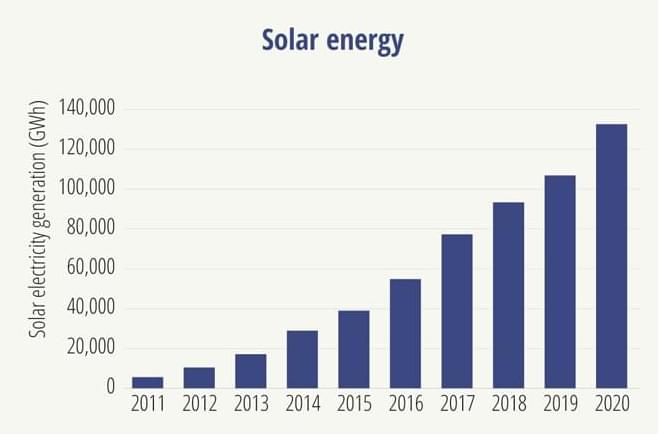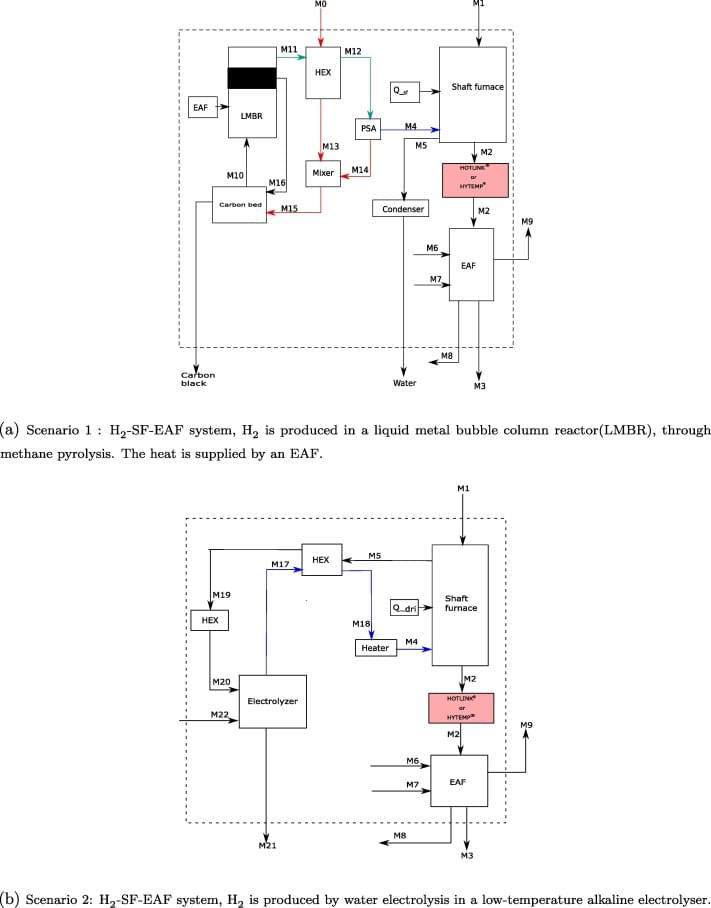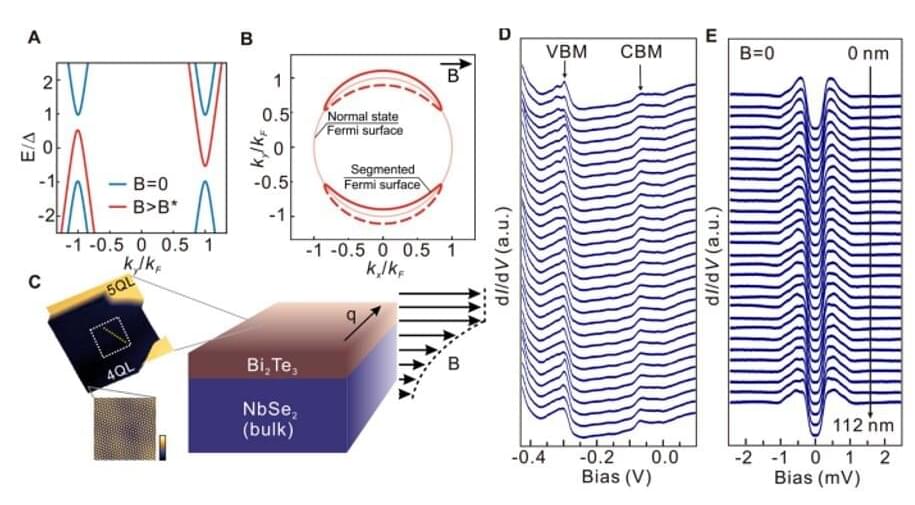A new report, published this week, highlights the explosive growth in solar, wind, electric vehicles, and other clean tech in the United States.



Solar car is better option.
The influx of electric vehicles into Australia could put an additional load of 20 gigawatts a day — or a doubling of peak electricity demand — on the electricity grid by 2030 if most owners charged up at the same time every night, a new report has found.
The $350 million research collaboration between industry, universities and government has identified a raft of challenges for the arrival of EVs which are expected to make up 80 per cent of new vehicles sales by the end of the decade, making up almost 25 per cent of Australia’s total car fleet.
While there will be huge benefits from taking petrol-guzzling cars off the road, the arrival of EVs – which need to be charged either at home or at public charging stations – creates a range of new headaches, not the least for the electricity grid.

US-based Wright Electric has announced a 100-seat electric short-hop aircraft slated to go into service by 2026. It’ll either be powered by hydrogen, or it’ll use recyclable metal in what the company calls an “aluminum fuel cell.”
Wright is working on a number of large electric aircraft projects, including an even bigger 186-seater it’s developing in conjunction with European airline EasyJet and BAE Systems. This would be a “low-emissions” electric, presumably using a fossil-fueled range extender to top up its batteries and extend its flight range to around 1,290 km (800 miles). The partnership is pitching it as a “path” towards clean aviation, a kind of Prius of the skies, that will prove the electric powertrain while waiting for energy storage to come up to scratch.
Wright’s latest project, however, will be totally zero-emissions, and will use high-density energy storage to tackle flights up to an hour in duration – that’s enough for the ~1,000-km (620-mile) hop between Sydney and Melbourne, or London-Geneva, or Tokyo-Osaka, or LA-San Francisco.
Several countries are now leading the world in producing sustainable energy sources.
One of them is Chile, which has set its sights on becoming a leader in producing green hydrogen.
Many believe it could be a solution to replacing fossil fuels at a competitive price.
Al Jazeera’s Lucia Newman reports from Colina, Chile.
- Subscribe to our channel: http://aje.io/AJSubscribe.
- Follow us on Twitter: https://twitter.com/AJEnglish.
- Find us on Facebook: https://www.facebook.com/aljazeera.
- Check our website: https://www.aljazeera.com/
#Chile #RenewableEnergy #GreenHydrogen


Circa 2021
Decarbonisation of the iron and steel industry would require the use of innovative low-carbon production technologies. Use of 100% hydrogen in a shaft furnace (SF) to reduce iron ore has the potential to reduce emissions from iron and steel production significantly. In this work, results from the techno-economic assessment of a H2-SF connected to an electric arc furnace(EAF) for steel production are presented under two scenarios. In the first scenario H2 is produced from molten metal methane pyrolysis in an electrically heated liquid metal bubble column reactor. Grid connected low-temperature alkaline electrolyser was considered for H2 production in the second scenario. In both cases, 59.25 kgH2 was required for the production of one ton of liquid steel (tls). The specific energy consumption (SEC) for the methane pyrolysis based system was found to be 5.16 MWh/tls. The system used 1.51 MWh/tls of electricity, and required 263 kg/tls of methane, corresponding to an energy consumption of 3.65 MWh/tls. The water electrolysis based system consumed 3.96 MWh/tls of electricity, at an electrolyser efficiency of 50 KWh/kgH 2. Both systems have direct emissions of 129.4 kgCO2/tls. The indirect emissions are dependent on the source of natural gas, pellet making process and the grid-emission factor. Indirect emissions for the electrolysis based system could be negligible, if the electricity is generated from renewable energy sources. The levellized cost of production(LCOP) was found to be $631, and $669 respectively at a discount rate of 8%, for a plant-life of 20 years. The LCOP of a natural gas reforming based direct reduction steelmaking plant of operating under similar conditions was found to be $414. Uncertainty analysis was conducted for the NPV and IRR values.
Solid Hydrogen Explained. Get Surfshark VPN at https://surfshark.deals/undecided and enter promo code UNDECIDED for 83% off and 4 extra months for free! Green hydrogen is touted to be one of the essential ingredients for the sustainable energy mix of the future. Yet, there’s an…invisible…yet big problem. Storage, transport, and operation is complicated and expensive, but what if we could create and store solid hydrogen for cheap? A start-up may have a solid technology that could speed up the energy transition. Spoiler: It’s so good it was banned!
Watch Solar Panels Plus Farming? Agrivoltaics Explained: https://youtu.be/lgZBlD-TCFE?list=PLnTSM-ORSgi5LVxHfWfQE6-Y_HnK-sgXS
Video script and citations:
https://undecidedmf.com/episodes/forget-solid-state-batterie…-explained.
Follow-up podcast:
Video version — https://www.youtube.com/channel/UC4-aWB84Bupf5hxGqrwYqLA
Audio version — http://bit.ly/stilltbdfm.
👋 Support Undecided on Patreon!
https://www.patreon.com/mattferrell.
⚙️ Gear & Products I Like.
Japanese inventor, Akinori Ito, has created a household appliance which converts plastic bags into fuel for heat generators and some stoves.
Let’s talk numbers. On average, Americans use 100 billion plastic bags a year, which are produced with 12 million barrels of oil. When you think about the fact that one plastic bag takes 1,000 years to degrade, that’s a lot of waste lying around in landfills or poured into the ocean. What’s worse is that these plastic bags don’t even break down completely. They get polluted by the sunlight and turn into microplastics that absorb toxins, polluting the environment.
While the stats look worrisome, there are many, and usually ingenious, ways to properly recycle plastic bags. One smart solution belongs to a Japanese inventor, Akinori Ito has created a household appliance that converts plastic bags into fuel. The resulting fuel can be used for various applications such as the generation of heat.
Ito realized that since plastic bags are created from oil, they can be converted back into their original form. The crude oil produced can be used to heat generators and some stoves. It can serve as an alternative to gasoline when refined and can even be used to power cars, boats, or motorbikes.

In a new report now published in Science, primary authors Zhen Zhu, Michal Papaj, and an international research team in physics, materials science, and condensed matter at the Jiao Tong University, China, Massachusetts Institute of Technology, U.S., and the Chinese Academy of Sciences discovered the Fermi surface of supercurrent-induced quasiparticles in a superconducting system for the first time. This discovery comes 50 years after the initial theoretical prediction was made by physicist Peter Fulde and revealed the impact of the finite Cooper pair momentum on the quasiparticle spectrum. In condensed matter physics, Cooper pairs are a pair of electrons with opposite spins loosely bound due to electron-lattice interactions. Superconductivity is based on their condensation to Bosonic states at low temperatures. The interplay of superconductivity and magnetic fields leads to the phenomenon of a ‘segmented Fermi surface. A leading author of this work, MIT Professor of Physics Liang Fu, outlined the significance of this discovery.
Supercurrent flow in a superconductor
Physicists assume that a sufficiently large supercurrent can close the energy gap in a superconductor and create gapless quasiparticles via the Doppler shift of quasiparticle energy. This is facilitated by the finite momentum of Cooper pairs in the presence of supercurrent flow in a superconductor, where the shift in Cooper pair momentum can result in a Doppler shift. In this work, Zhu et al. used quasiparticle interference to image the field-controlled Fermi surface of bismuth telluride (Bi2Te3) thin films proximitized by the superconductor niobium diselenide (NbSe2). A small applied in-plane magnetic field induced a screening supercurrent, which led to finite momentum pairing on the topological surface states of Bi2Te3. The scientists identified distinct interference patterns to indicate a gapless superconducting state with a segmented Fermi surface to reveal the strong impact of the finite Cooper pair momentum on the quasiparticle spectrum.

Fusion power plants use magnetic fields to hold a ball of current-carrying gas (called a plasma.
Plasma is one of the four fundamental states of matter, along with solid, liquid, and gas. It is an ionized gas consisting of positive ions and free electrons. It was first described by chemist Irving Langmuir in the 1920s.